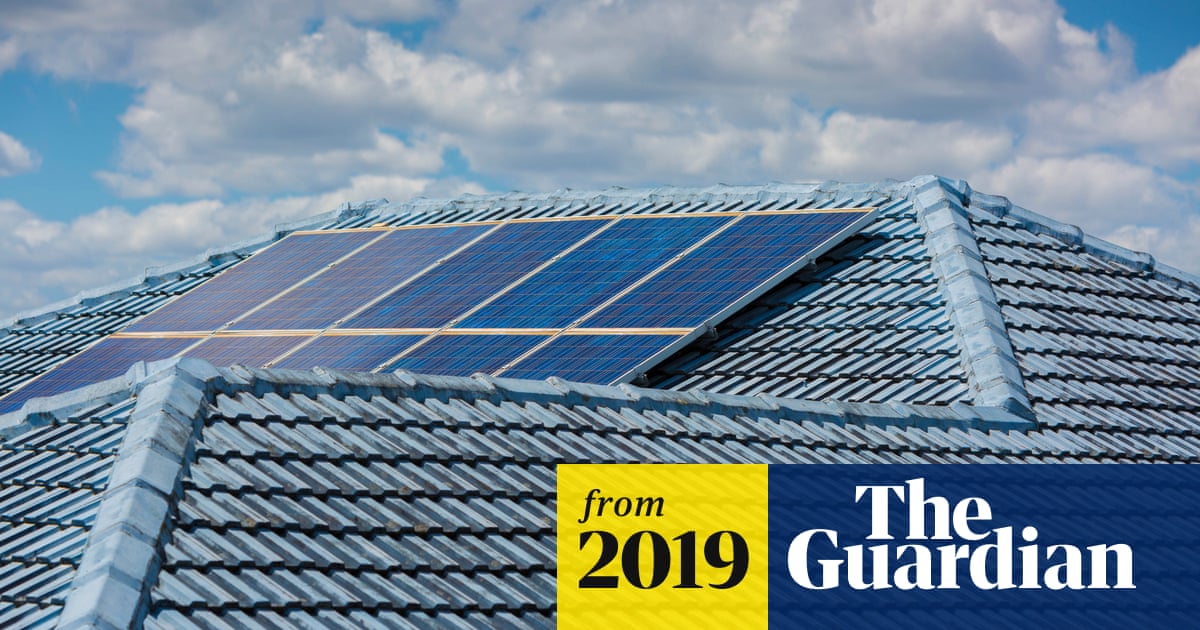But i think the point with Chernobyl was, that it happend because of the experiment they were conducting at the time. If they didn't do it, than it would have worked until this day, i assume. Its not like there was a fault with the plant it self that would cause it to explode.
And In Japan was due to Earthquake.
I think building Nuclear reactors near tectonic moving plates is a terrible idea. And they should put a ban on building Nuclear Reactors in areas with Earthquakes.
According to the official story nowadays, the reactor type the plant used, wasn't welly designed. In the case of a leak in the cooling system, the turbine might loose the steam pressure, and because the cooling system needed to displace gigantic amounts of water, the pumps for that task needed equally large amounts of electricity to run. A non-coolled core quickly goes unstable when the water turns into steam caused by the loss of pressure. Therefore a backup generator was in place, but the fuel engines for that need roughly a minute to achieve their required output. This was a problem, since there were many such plants already running.
Therefore it was tried on several occasions before the accident to find a solution to the problem, but also keeping the plants running, knowing that it was probably only a question of time before a disaster would happen. The idea was to use the momentum of the spinning turbine to generate the electricity needed by the pumps, but at earlier tests the turbine didn't have enough stored kinetic energy. Therefore it was decided to spin up the turbine before the experiment, which itself is a potential major risk, considering the construction of the plant. That was definitely known on high levels.
Something went wrong. We still don't know exactly what, but it was something completely different than in Japan. The only common factor being the both accidents were unforeseen, and should not have been able to happen.
Radiation is scary because it's invisible and potentially deadly, so you take as much care as possible, but you still make mistakes. I can say that from personal experience. It is not currently possible to rule out human error. The thing about a risk is that it is only a risk, until the accident happens. It like driving with your eyes closed. It works for a while. We can calculate all the potential dangers we know of like material weakness, but we can't calculate the unforeseen. We can only estimate that.
Edit: The potential problem tested was not a steam leak, but a power grid failure.


